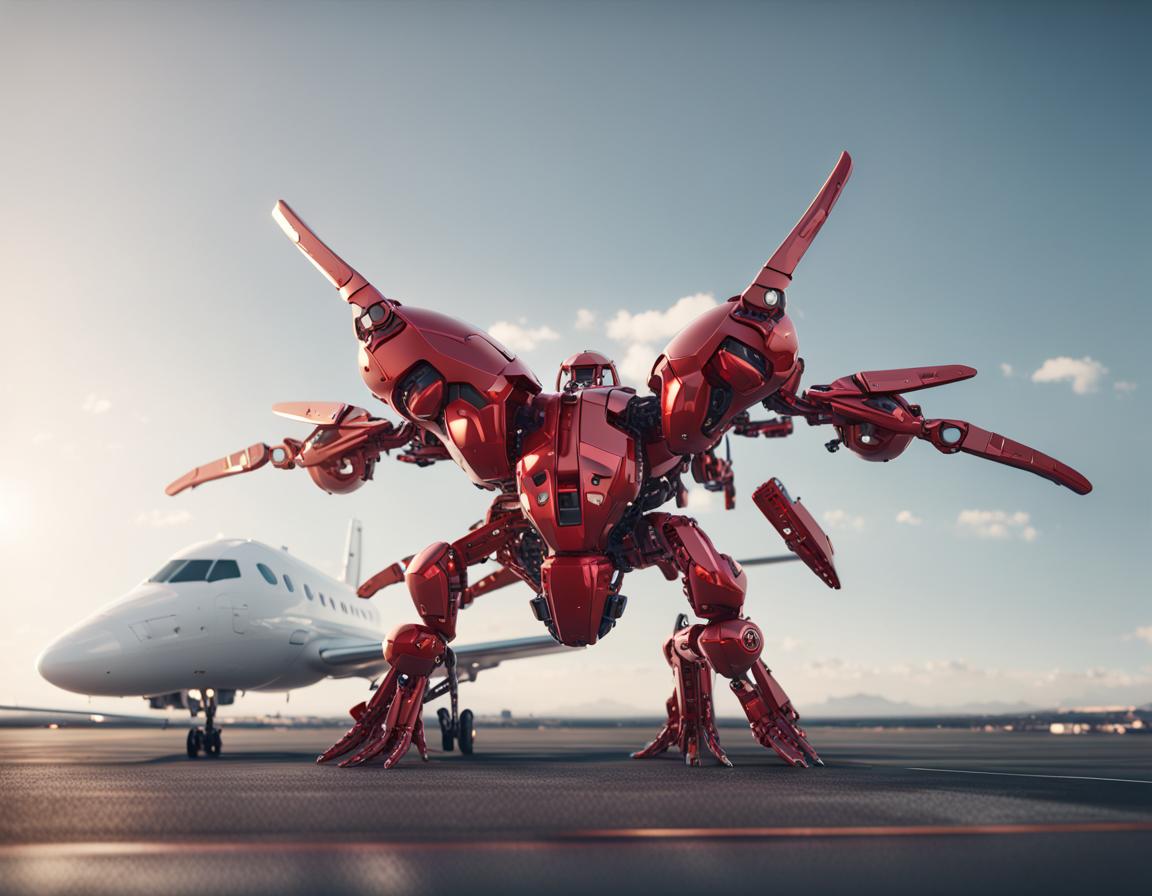Special to GWU! – John CA Manley
When it comes to humans, I’m old-school — there are two genders, two sexes: male and female.
Sure, there was that effeminate boy back in elementary school whose father and mother were cousins from some small island off the coast of Portugal… but we still called him he/him and he/him had no problem with it.
However, when it comes to the robots in my forthcoming novel, All the Humans Are Sleeping, it’s been a bit of a philosophical conundrum for me whether they should be gender-neutral or not.
I assure you it can easily get confusing using “it” to describe the actions of a robot — doubly so when there are other robots in the same scene along with a few inanimate “it” objects.
On the other hand, I don’t want to over-humanize AI. It might go to its/his/her silicone-based head, and then, you know, it’s off with my/yours/ours carbon-based heads.
Anyway, here’s a preview from All the Humans Are Sleeping dealing with personal pronouns for robots:
Rebecca pointed out the front windshield of the jet.
“What’s that?” she asked.
Peter followed her gaze through the windows of the hangar door. He could barely discern a red creature scurrying up the side of one of the distant windmills.
Domestico spun its head back towards the nose of the plane and said, “That is one of the lobsterbots.”
“Lobsterbots?” said Rebecca.
“A maintenance robot. Yes, unit L34. Sent out to lubricate the turbines.”
As the little robot reached the pinnacle of the windmill, Peter realized it did indeed look like a lobster — with a long thick red trunk, a short tail, eight arms, and two giant claws.
“He’s cute,” said Rebecca.
“Actually,” corrected Domestico. “Unit L34 identifies as a she/her.”
“I’ll be damned,” muttered Peter, “the day I start calling a robot a he or a she.”
Of course, humans have been giving boats genders for thousands of years, so why not robots? Chances are merely assigning genders to lobsters won’t result in the AI apocalypse.
Indeed, my novel has none of that “robots will take over the world” flavour to it. Instead, it’s more about stopping humans from handing our world over to machines, while we become lost in a digital metaverse.
Excerpt from chapter 3.03

Along the greenhouse’s crossbeams, at least a hundred other crustacean-like robots were busy installing grow lights. These bright yellow robots were a third the size of the lobsterbots and appeared to link themselves together as they manoeuvred the large lights into place. They were flat and round, crawling on eight legs, working with two small pincers and guided by two bulbous eyes. They moved sideways, rather than forward and backward.
“What are these,” Peter asked pointing upwards, “crabbots?”
He laughed at the nickname, but Domestico did not.
“That is correct,” replied Domestico. “C1 through C125.”
Indeed, each of the crabbots had a number inscribed on its back.
“Oh,” said Peter, with a shrug. “Do they identify as she/her, too?”
This time Domestico laughed. It sounded surprisingly genuine for a robot. “Sir, do you not know how to tell the difference?”
Peter gazed upward. “Well, I don’t see any genitalia.”
“It depends on their identification number. Odd robots are male. Even robots are female.”
“Thanks,” replied Peter, “for the crash course in AI gender ideology.”
Rather than a story glorifying the rise of AI, All the Humans are Sleeping is a story about machines that glorify humans.
Just think how the epitome of AI is the “android.” A robot that looks, walks, talks and acts like a human. We actually already know how to achieve this, it’s called bearing and raising children.
In my opinion, regardless of what the future may hold, ChatGPT still has a lot of growing up to do. All that robots and AI will ever imitate is base mechanical aspects of human beings’ bodies, minds and emotions. Whatever it cannot copy will only help us see more clearly what makes us special.
So special nothing “artificial” can ever replicate us.
The more clearly we can see the essence which makes us human, the more we can grow and evolve past anything AI can impersonate. I like to think AI is going to give us a kick in the evolutionary behind.
….
John C. A. Manley is the author of the full-length novel, Much Ado About Corona: A Dystopian Love Story. He is currently working on All the Humans Are Sleeping. John lives in Stratford, Ontario, with his son Jonah, and the ever-present spirit of his late wife, Nicole. You can subscribe to his email newsletter for a free preview of his latest novel and to be alerted about the release of All the Humans Are Sleeping.








